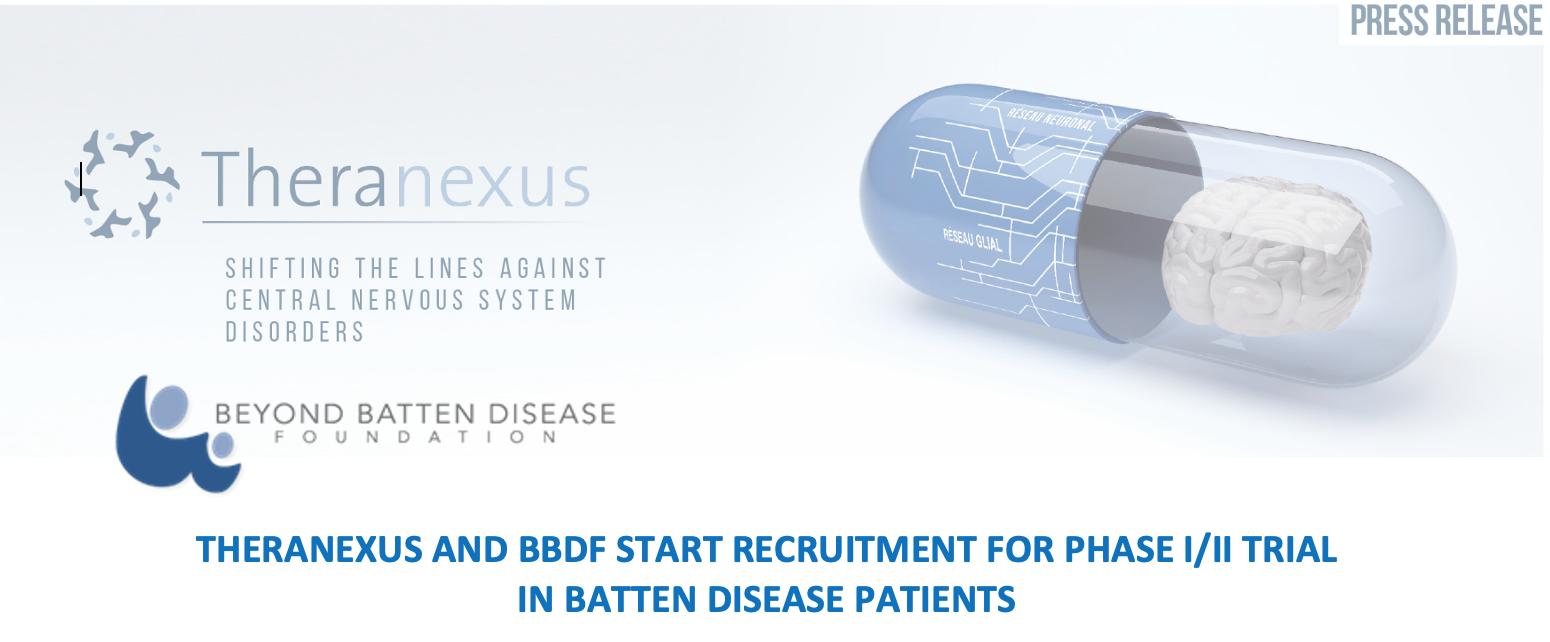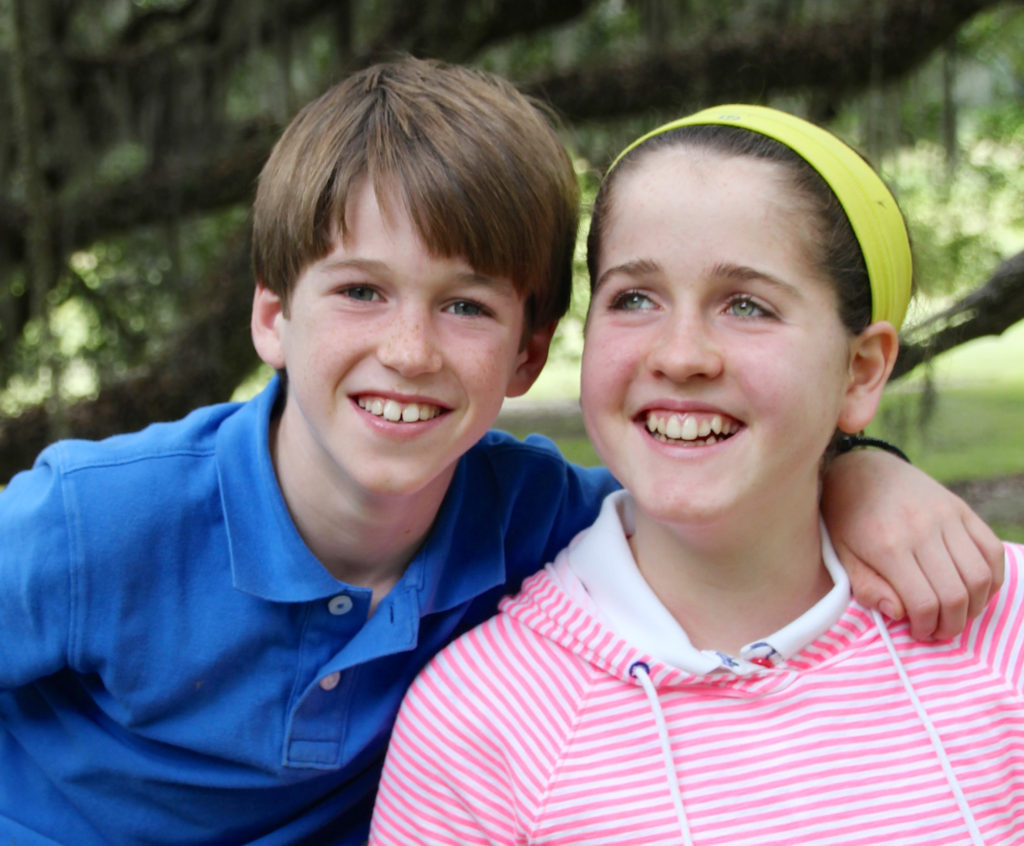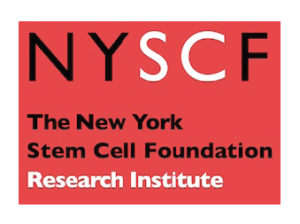Theranexus and BBDF Finalize Recruitment For Phase I/II Trial to Evaluate Batten-1 in Batten Disease
Lyon, France – Austin, Texas, United States – 6 September 2022 – 6 pm CEST – Theranexus, a biopharmaceutical company innovating in the treatment of neurological diseases and pioneer in the development of drug candidates modulating the interaction between neurons and glial cells, and the Beyond Batten Disease Foundation (BBDF), have today announced finalization of recruitment of the last patient for the Phase I/II clinical trial to evaluate the tolerability, pharmacokinetics of the Batten-1 drug candidate in juvenile (CLN3) Batten disease.
A total of six patients with juvenile Batten disease aged 17 and over are enrolled in the Phase I/II clinical trial. The Batten-1 drug candidate containing the active ingredient miglustat is administered in escalating doses. The initial tolerability and pharmacokinetic data for miglustat obtained after the first 9 weeks of treatment in this population will serve to initiate Phase III, and Phase I/II patients are being treated and evaluated over a 24-month period.
Franck Mouthon, Chairman of Theranexus, said: “Finalization of recruitment for our Phase I/II trial is an important milestone in the development of Batten-1, a drug candidate that aims to significantly slow progression of juvenile Batten disease for which there is currently no available treatment. Our goal for the next stages in the development process is to launch an international pivotal Phase II/III trial in 2023.”
Craig Benson, Chair of the Beyond Batten Disease Foundation, added: “As parents and representatives of patients with juvenile Batten disease and their families, we are delighted with the enrollment of the last patient in the Phase I/II trial. This new Batten-1 treatment offers tremendous hope for our children affected by the disease.”
The Phase I/II trial is being conducted by referral centers for Batten disease in the United States, with Dr. Gary Clark, Chief of Child Neurology at Texas Children’s Hospital in Houston, as principal investigator.
About Batten-1
Batten-1 is a novel and exclusive proprietary drug containing the active ingredient miglustat. The mechanism of action of this substance blocks the accumulation of glycosphingolipids and neuroinflammation to prevent brain cell death. In the Phase I/II trial, Batten-1 is administered to patients over 17 years of age in solid form, and in Phase III it will be administered in a liquid form better suited to children.
About Batten disease
Juvenile Batten disease, also known as Spielmeyer-Vogt or CLN3 disease, is a rare, fatal, inherited disorder of the nervous system for which there is no treatment or cure. Juvenile Batten disease belongs to a group of disorders referred to as neuronal ceroid lipofuscinoses (NCLs). Over 400 different errors in 13 genes have been attributed to various forms of NCL, which differ from one another primarily by when symptoms first appear. The first symptom in the juvenile form, progressive vision loss, appears between the ages of 4 and 6 which is followed by personality changes, behavioral problems, and slowed learning. Seizures commonly appear within 2-4 years of the onset of disease. Over time, patients continue to decline mentally and physically. Eventually, those affected become wheelchair-bound, are bedridden, and die prematurely. Psychiatric symptoms or psychosis can appear at any time.
Juvenile Batten disease is always fatal; usually by the late teens to early 20s. In the United States and Europe, the juvenile form is the most common of the NCLs, which together, affect nearly 3,000 patients. In pathophysiological terms, interactions between neurons and glial cells play key roles in the emergence and progression of all the NCLs.
About Beyond Batten Disease Foundation
Beyond Batten Disease Foundation (BBDF) is the world’s largest nonprofit organization dedicated to funding research for a treatment and cure for juvenile (CLN3) Batten disease. Since its inception in 2008, over $35 million has been invested in research by leveraging donations, co-funding and strategic partnerships. BBDF is spearheading a unique, cohesive strategy, incorporating independent scientific resources and collaboration with related organizations to drive research in juvenile Batten Disease . Today there is a treatment in sight. BBDF funded research has discovered a drug – Batten-1 – that slows the progression of the disease in Batten models. More information can be found at www.beyondbatten.org
About Theranexus
Theranexus is an innovative biopharmaceutical company that emerged from the French Alternative Energies and Atomic Energy Commission (CEA). It specializes in the treatment of central nervous system disorders and is a pioneer in the development of drug candidates targeting both neurons and glial cells.
The company has a unique platform for the identification and characterization of advanced therapy drug candidates targeting rare neurological disorders and an initial drug candidate in clinical development for Batten disease.
Theranexus is listed on the Euronext Growth market in Paris (FR0013286259- ALTHX).
Next financial publication:
Tuesday 27 September 2022: First half 2022 financial results
More information at http://www.theranexus.com
Contacts
THERANEXUS
Thierry Lambert
Chief Financial Officer
contact@theranexus.com
NEWCAP
Théo Martin/Pierre Laurent
Investor Relations
+33 (0)1 44 71 94 97
theranexus@newcap.eu
FP2COM
Florence Portejoie
Media Relations
+ 33 (0)6 07 76 82 83
fportejoie@fp2com.fr
Disclaimer
This press release contains certain forward-looking statements concerning Theranexus and its business, including its prospects and product candidate development. Such forward-looking statements are based on assumptions that Theranexus considers to be reasonable. However, there can be no assurance that the estimates contained in such forward-looking statements will be verified, which estimates are subject to numerous risks including the risks set forth in the universal registration document of Theranexus filed with the AMF on 28 April 2021 under number D.21-0379 (a copy of which is available on www.theranexus.com) and to the development of economic conditions, financial markets and the markets in which Theranexus operates. The forward-looking statements contained in this press release are also subject to risks not yet known to Theranexus or not currently considered material by Theranexus. The occurrence of all or part of such risks could cause actual results, financial conditions, performance or achievements of Theranexus to be materially different from such forward-looking statements. Theranexus expressly declines any obligation to update such forward-looking statements.
[1] National Organization for Rare Disorders (NORD)/Orphanet
[2] Settembre et al, TFEB links autophagy to lysosomal biogenesis, Science 2011






